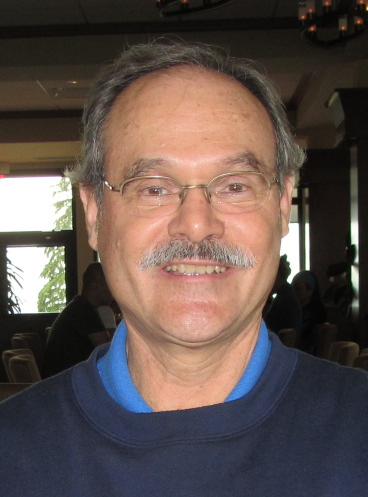Meteorology as it applies to case-studies in hydro, wind, and solar energy.
Faculty: Science
Subject: Atmospheric Science
Year / Level: 3
Theme(s): Climate Science; Climate Change Mitigation and Adaptation
Description
ATSC 313 teaches you about meteorology as applied to case-studies in hydro, wind, and solar energy. Each week we explore a new case study, where you are the virtual boss who needs to make important decisions. For example, should wind-turbine blades be repaired given uncertainty in the forecast, will climate change affect commercial viability of a solar power site, should water be released early from a reservoir in anticipation of forecasted extreme precipitation? Most of the case studies are for British Columbia, Canada, with a few elsewhere in North America.
Course Goals
Learning Outcomes By the end of this course, you will be able to...
- explain meteorological fundamentals and weather-system evolution. (theory)
- access and interpret relevant weather data and critically evaluate its utility and deficiencies. (tools & resources)
- formulate alternative courses of action, and the consequences of each. (application of conceptual models)
- select the best course of action in the face of uncertainty. (decision making)
- anticipate weather changes based on atmospheric principles. (applied problem-solving skills)
Learning Enhancement. By the end of this course, you will have ...
- gained experience on how to ask relevant weather-related questions, and how to use weather information to make decisions.
- gained confidence in your ability to make justifiable decisions similar to those made by experts.
- refined your discussion and debate skills in small teams or work-groups via the Canvas Discussion board.
- created your own ePortfolio resume in Canvas relevant to your own interests or career.
Life Skills and Sustainable Benefits. By the end of this course, you will have enhanced their ability to ...
- compare the pros and cons of different weather-controlled renewable-energy sources.
- contrast renewable, clean, and green energy sources and markets.
- seek jobs requiring renewable-energy weather expertise.
- think critically about weather information you receive.
- apply your meteorological knowledge to the world around you.
- find solutions to important energy problems facing society.
Building Expertise. By the end of this course, your will have gained some of the following components of expertise, as elaborated by Nobel Prize winner Carl Wieman (Apr 2013). He said that experts ...
- frame key concepts into mental models describing processes/situations, and set selection/decision criteria to choose the best model.
- recognize relevant vs. irrelevant information.
- determine what information is needed to solve the problem, and what questions to ask.
- check whether the answer/conclusion makes sense.
- integrate model development, testing, and use as a unified activity.
- easily move between specialized representations (graphs, equations, physical simulations, etc.)
Motivation. As a 300-level course, it requires students to ...
- analyze and interpret weather data,
- design and solve the associated numerical problems,
- apply meteorological principles to renewable energy,
- compare potential outcomes, and
- make justifiable decisions as if they were professional environmental consultants.
Namely, this course aims for the higher levels of Blooms taxonomy.
This course is an application of basic science knowledge to a specific issue for which there is societal need and job opportunities. It would be the end-point for undergrad ATSC instruction on this topic.
Desired Outcomes:
- To teach students about atmospheric science by using the relevant timely topics of renewable energy to capture their imagination and stimulate their study.
- To increase enrollment in ATSC courses and possibly attract more ATSC majors or minors.
- To make the ATSC undergrad program more relevant to industry.
- To be one of the optional courses in a planned Certificate of Meteorology program, to enable retraining of existing meteorologists and engineers.
EXPLORE
Check SSC to see if the course is currently offered and if you meet pre-requisites etc.
SYLLABUS
Read a copy of the course syllabus to see reading lists, assignments, grading, and more.
"We are keen to share our passion about weather to motivate society to better utilize renewable energy."

